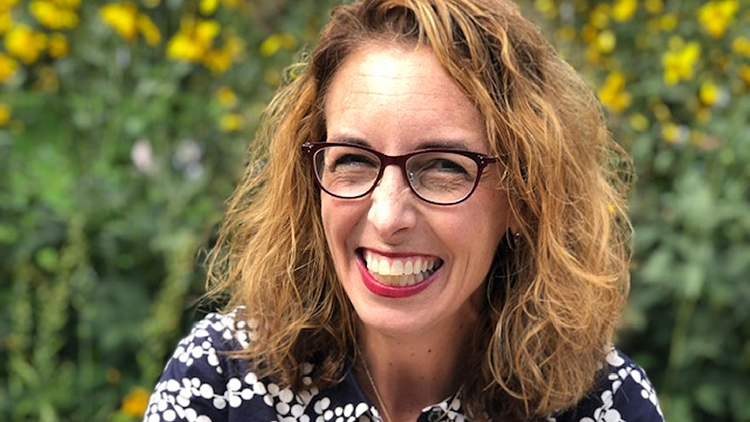
CHILLAG
April 4. By Jay Pfeifer. Why would anyone want to watch a fictionalized epidemic while the coronavirus disrupts real life? Davidson College Professor and “Disease Detective” Kata Chillag says movies allow people to engage with their fears in a controlled way while documentaries about past pandemics can help us to understand the lessons they provide.
Another bonus: Watching movies at home is a good way to engage in social distancing.
Kata Chillag, Hamilton McKay Professor in Biosciences and Human Health, joined Davidson College in January, just before the virus that causes COVID-19 became an increasing source of concern.
A public health expert, Chillag spent more than a decade at the Centers for Disease Control and Prevention (CDC), serving a two-year stint as an Epidemic Intelligence Service Officer—or, as they’re sometimes known, “Disease Detectives.”
At CDC, Chillag worked on polio eradication in Bangladesh, biomedical HIV research in the United States and Sub-Saharan Africa, and served in the Emergency Operations Center during the H1N1 influenza pandemic. After CDC, she advised President Obama on ethical issues in science, technology, medicine and public health as part of the Presidential Commission for the Study of Bioethical Issues. She was a staff lead on their work on the 2014-2016 Ebola virus disease epidemic.
Chillag studies the social, ethical, and political dimensions of public health issues, often focusing on vulnerability and disparities.
“Generally, public health problems disproportionately affect vulnerable and marginalized groups,” she said. “The measures intended to address those problems may also place disproportionate burdens on them.”
Chillag said social distancing measures like school closings or cancellation of mass gatherings, as we can see in the COVID-19 epidemic, can play an important role in public health response, but it is critical that they be grounded in the best available evidence, good governance, transparency, accountability, and solidarity.
That means thinking broadly about the many forms and implications of vulnerability, Chillag said. For example, separation from communities can negatively impact mental health and compound economic precarity.
This fall, Chillag will teach “The Epidemic Cinema Society: Public Health and Film,” a course that uses movies to explore public health. Why would anyone want to watch a fictionalized epidemic while the coronavirus disrupts real life?
“At a time like this, movies like ‘Contagion’ allow people to engage with their fears in a controlled way while documentaries about past pandemics can help us to understand the lessons they provide,” Chillag said. “There’s another bonus: Watching movies at home is a good way to engage in social distancing.”
—Pfeifer is Director of Media Relations at Davidson College.
Here is a curated list of movies to watch during this stay at home period…
The Andromeda Strain
Based on a Michael Crichton novel, this 1971 film was a favorite of my family when I was growing up. A team of scientists investigate a deadly disease related to a crashed military satellite.
How to Survive a Plague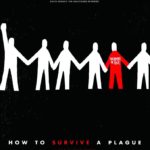
This documentary is about the early years of the HIV/AIDS epidemic in the United States, chronicling how activist groups taught themselves relevant science to advance research on AIDS treatments.
The Lazarus Effect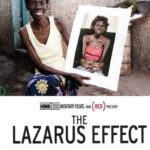
This 30-min HBO documentary from 2010 focuses on the effects of increased access to antiretroviral treatment in Zambia.
Outbreak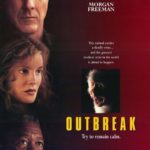
Loosely based on Robert Preston’s nonfiction book The Hot Zone, this fictional movie focuses on government attempts to contain an Ebola-like disease in the United States.
Contagion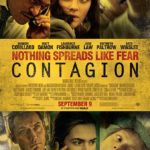
This one is popular right now because it hits close to home; chronicling the spread of a novel flu-like illness.
World War Z
This film follows a UN official investigating a virus that results in unusual and dangerous human
(or non-human) behavior.




